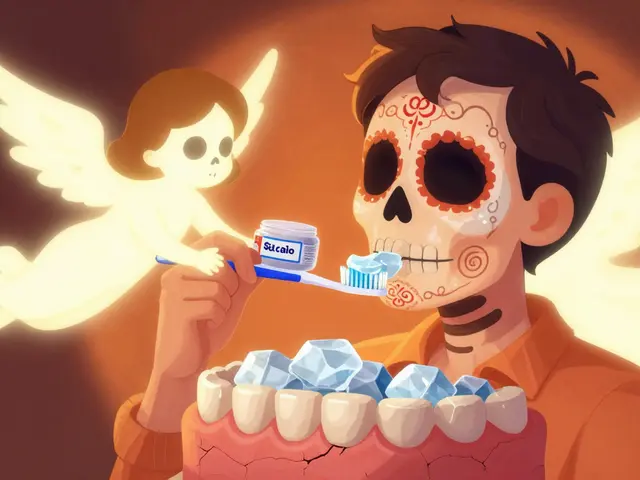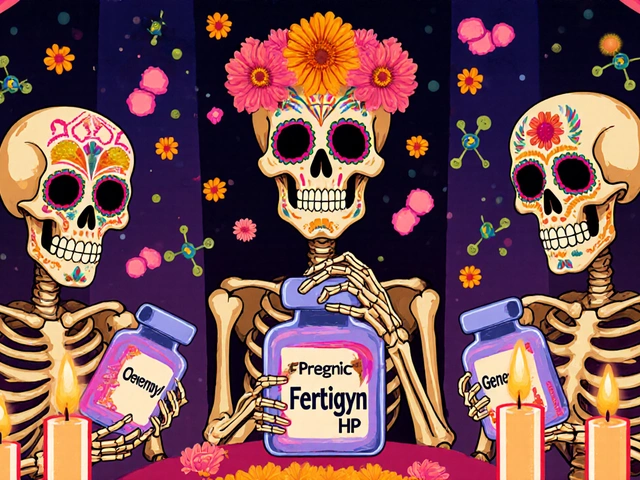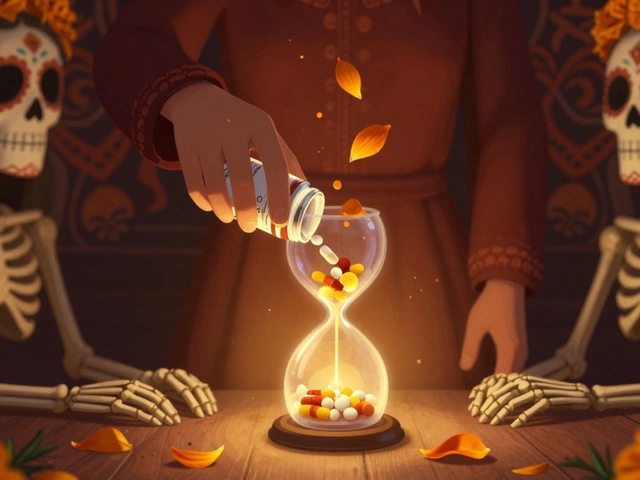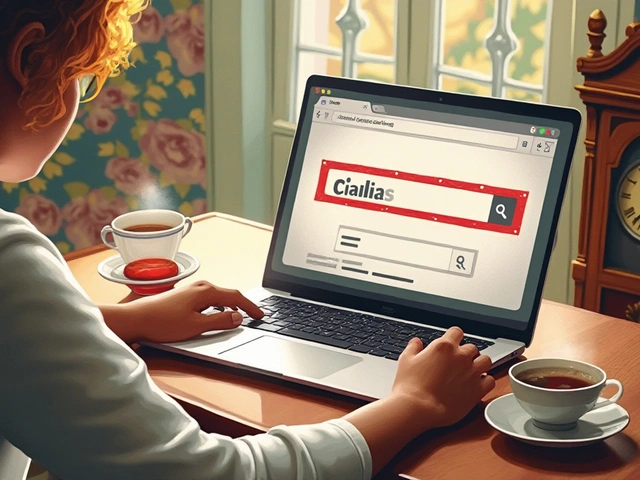Acute Kidney Injury: Causes, Risks, and What You Need to Know
When your kidneys suddenly stop working the way they should, it’s called acute kidney injury, a rapid decline in kidney function that can develop over hours or days. Also known as acute renal failure, it’s not a disease on its own—it’s a warning sign something else is wrong. Unlike chronic kidney disease, which creeps in over years, acute kidney injury hits fast. It can happen to anyone, even if you’ve never had kidney problems before.
This isn’t just about dialysis or hospital stays. Many cases are tied to everyday things: dehydration, a lack of fluids that strains the kidneys’ ability to filter waste, or certain medications, like NSAIDs, antibiotics, or even topiramate, which can trigger kidney stones and stress kidney function. People with high blood pressure, diabetes, or heart disease are more at risk, but even healthy folks can get hit—especially after surgery, severe infection, or major blood loss. The problem? Symptoms often sneak up. You might feel tired, nauseous, or notice less urine. But sometimes, there’s no sign at all until a blood test shows trouble.
What makes this even trickier is how often it’s linked to other conditions. For example, high blood pressure, a common issue managed with drugs like lisinopril or azilsartan, can damage kidney vessels over time. If you’re on one of those meds and get sick or dehydrated, your kidneys may not handle the stress. Same goes for antibiotics like amikacin or antivirals like tenofovir—both show up in our post list because they carry known kidney risks. Even something as simple as mixing painkillers with diuretics can push your kidneys over the edge.
Here’s the good part: if caught early, acute kidney injury often reverses. Stopping the trigger—whether it’s a drug, infection, or dehydration—can let your kidneys bounce back. But if you ignore it, it can lead to long-term damage or even permanent kidney failure. That’s why knowing the signs matters. If you’ve been sick, taking new meds, or just feeling off, don’t brush it off. A simple blood test can catch it before it gets worse.
The posts below dig into real cases and connections: how drugs like topiramate raise kidney stone risk, how blood pressure meds can affect kidney health, and why some antibiotics need careful monitoring. You’ll find practical advice on spotting early signs, avoiding common mistakes, and working with your doctor to protect your kidneys. This isn’t just about avoiding hospital visits—it’s about staying in control of your health before things spiral.
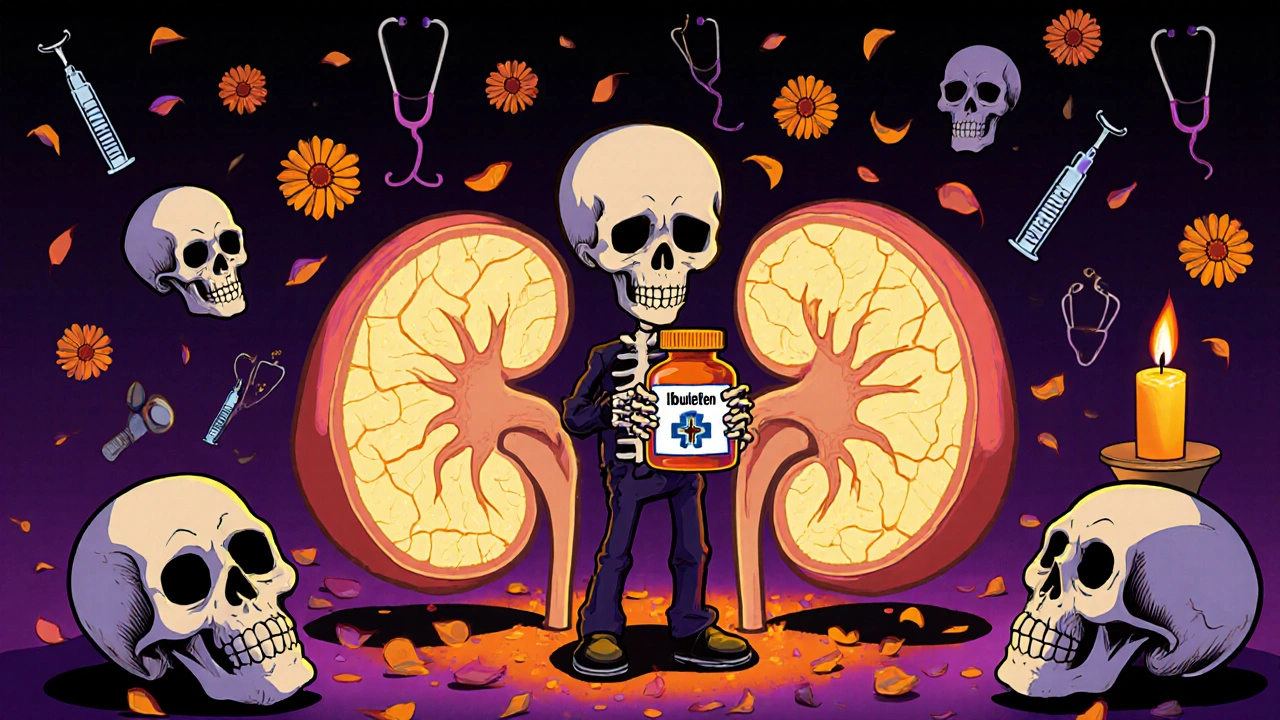
Drug-induced kidney failure is a preventable crisis caused by common medications like NSAIDs and antibiotics. Learn how to spot early signs, avoid high-risk drugs, and protect your kidneys before it's too late.
Chris Gore Oct 30, 2025

